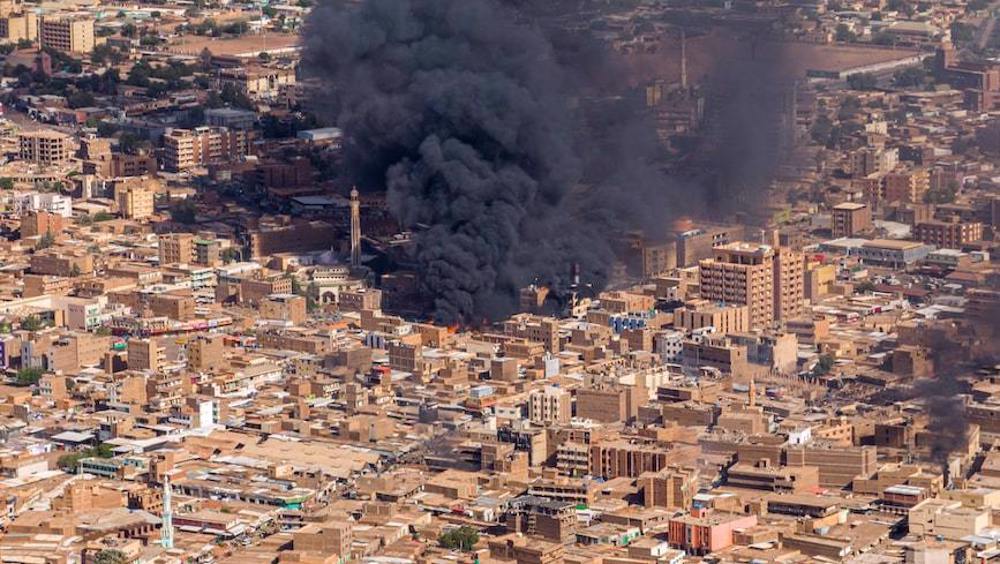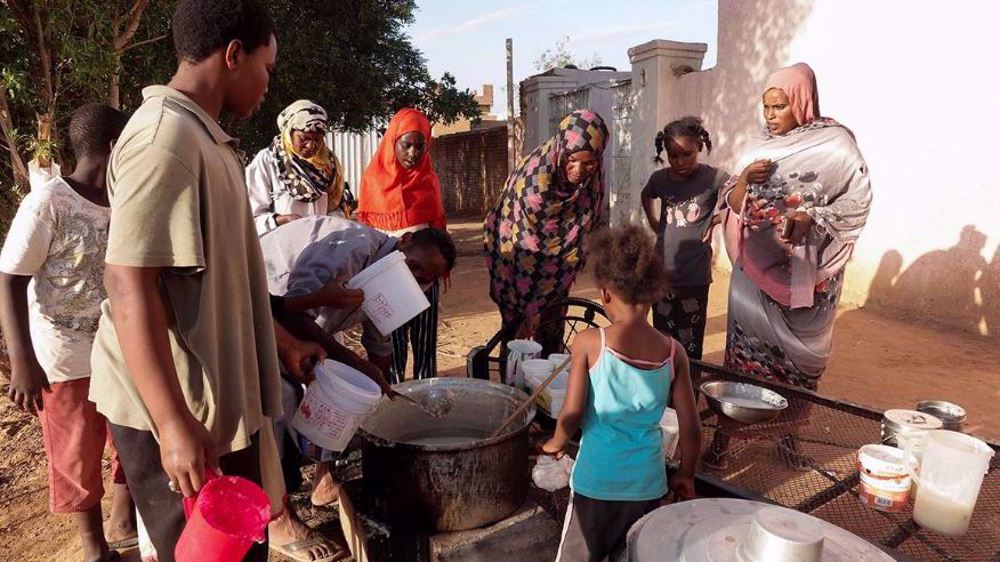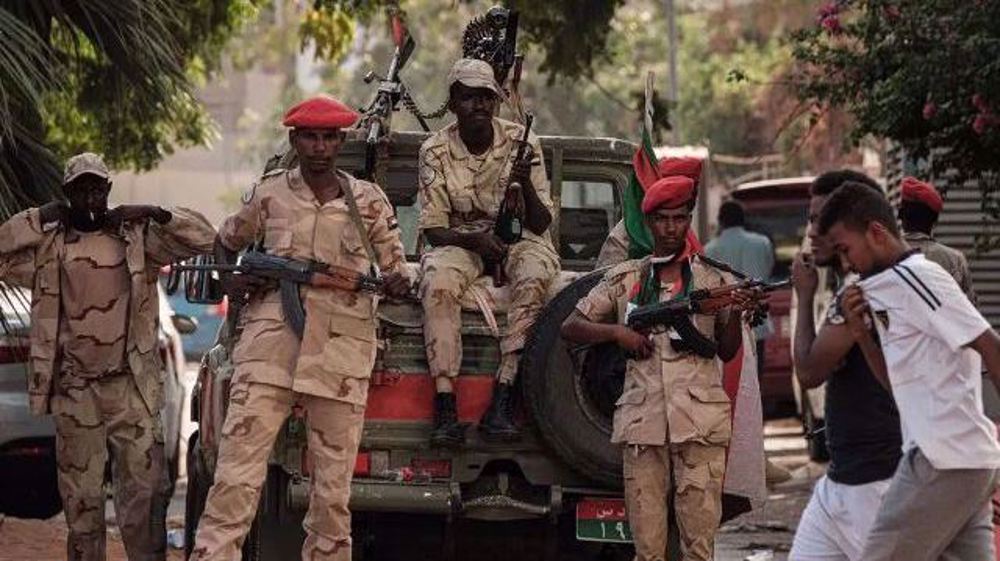South Sudan rebel leader to return to Juba on April 18
South Sudan’s rebel leader Riek Machar says he will return to the capital Juba later this month to form a unity government with President Salva Kiir as part of their stalled peace deal.
Kiir’s spokesman, Ateny Wek Ateny, said on Thursday that Machar’s return would be a significant step towards the implementation of the peace deal signed between the Juba government and rebel forces loyal to Machar in August 2015.
“His return will mark the real beginning of the implementation given that all this time partial implementation was not workable and the government is feeling relieved and the return of Dr Machar is applauded,” he said.
Meanwhile, Machar in a letter to the head of the body monitoring the implementation of the peace deal, has said he would be back in the capital Juba on April 18.
“I am therefore confirming the date of my arrival to be April 18 and thereafter form with President Kiir the Transitional Government of National Unity and hold the Transitional National Council of Ministers,” to end the ongoing conflict .
Under the accord, Machar is to return to the capital, Juba, to assume responsibility as vice-president, a post from which he was sacked in 2013. The rebels loyal to Machar will also get 10 posts, including those of the minister of oil and humanitarian affairs.
Meanwhile, United Nations Mission in South Sudan (UNMISS) says it has helped Machar’s SPLM/A group transport more than 800 military and police officers to Juba, including two of its generals.
The developments come months after the warring sides in South Sudan clinched an accord to end the civil war that has killed thousands of people and displaced more than two-million others in the country.
Machar signed the agreement on August 17, 2015 while the South Sudanese president signed the deal about ten days later, on August 26 last year.

The power-sharing deal, which was brokered by the East African regional bloc IGAD, aims to end the civil war in the world’s youngest nation.
South Sudan plunged into chaos in December 2013, when fighting erupted outside the capital, Juba, between troops loyal to Kiir and defectors led by Machar.
The conflict soon turned into an all-out war between the army and the defectors, with the violence taking on an ethnic dimension that pitted the president’s Dinka tribe against Machar’s Nuer ethnic group.
Some Shilluk militia groups allied to the government, switched side to the rebel movement during the civil war.

Despite the August peace deal, battles persist across the country. There are numerous militia forces that do not abide by peace agreements and are driven by local agendas.
War uprooting South Sudanese
The UN Office for the Coordination of Humanitarian Affairs (OCHA) said in its weekly bulletin on Thursday that about 55,000 South Sudanese have fled to neighboring Sudan since January.
Thousands of the South Sudanese have crossed into Sudan's restive Darfur and some other regions, according to the report.
“The influx of South Sudanese into East Darfur, South Darfur and West Kordofan continues, with an estimated 55,500 people having arrived in the country since the end of January 2016, according to aid organizations.” OCHA said, adding that the new arrivals fled because of “food insecurity, as a result of armed conflict, the failure of the agricultural season.”
Khartoum said last month that the South Sudanese should be classified as “foreigners” over Juba’s alleged support for the rebels battling Sudanese troops in the border region.
South Sudan became independent from Sudan in 2011 but two years later it plunged into a brutal civil war that has killed tens of thousands of civilians.
US vetoes Palestinian request for full UN membership
Iran sufficed to striking part of Israel’s military positions: FM to UN chief
IRGC: Israel’s Dimnoa nuclear reactor not among Op. True Promise’s targets
VIDEO | West Asia awakens
'Stop any further Israeli adventurism,' Iran FM tells Security Council
Google fires 28 employees for protesting military deal with Israel
Burkina Faso expels three French diplomats over ‘subversive activities’
Iran slams G7 statement, vows no iota of doubt to respond to aggression
















 This makes it easy to access the Press TV website
This makes it easy to access the Press TV website